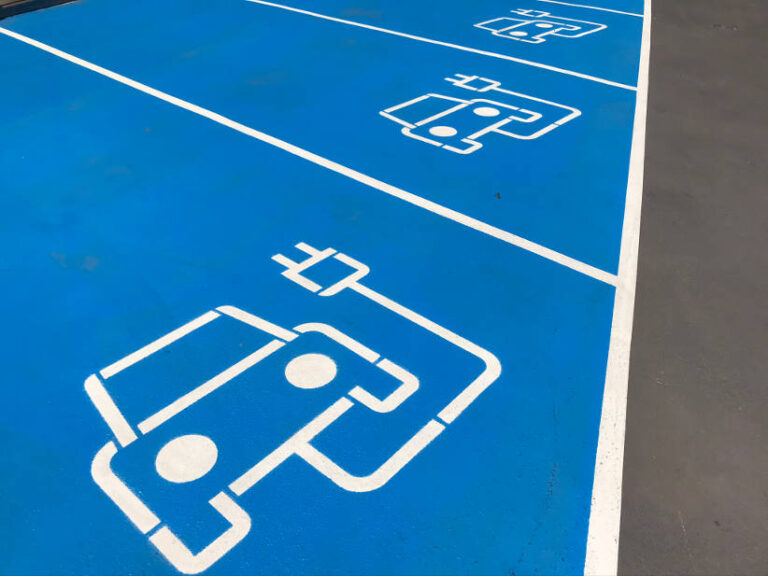The NSW Government’s Net Zero Plan will see the state reach net zero emissions by 2050. As part of that commitment, the NSW Government will offer support for fleets to transition to battery electric vehicles (BEVs).
One corporate fleet already on that road belongs to AGL, where 10% of its 400-plus vehicles are already electric.
AGL is the first Australian signatory to the Climate Group’s EV100 program, a global initiative to accelerate conversion to electric transport. With almost 90 member companies, EV100 is supporting electric fleet rollouts worldwide to increase demand and help make electric vehicles more affordable.
AGL’s EV100 commitment sets an ambitious target of 100% light vehicle electrification and 50% of industrial vehicles to be electric by 2030.
Building the business case
In that light, AGL has inverted the business case development process into why not replace petrol vehicles with electric.
But with these vehicles emerging overseas, AGL anticipates that they will soon be a viable option for Australia.
Expense is less of a factor thanks to electric vehicles’ low running costs and efficient fleet management.
AGL has a high degree of confidence in a reduced electric vehicle total cost of ownership (TCO) to near-internal combustion engine levels by better estimating resale value and optimising the lease structure, specifically for BEVs and plugin hybrid electric vehicles (PHEVs).
“AGL is happy to share this knowledge with other fleets to support their transition to electric fleets and zero fleet emissions”, says Kristian.
AGL’s current EV fleet includes three BEVs and 38 PHEVs. These numbers are set to grow with a revised procurement policy favouring electric vehicles.
“We are moving towards a situation where the default choice will be an electric vehicle and there would have to be a reason for not choosing that option,” said Bede Doherty, AGL’s Project Manager – Electric Vehicles.
Full fleet electrification isn’t yet feasible for AGL, largely due to a lack of electric utes.
Wider availability of electric industrial vehicles will help AGL to achieve its 10-year target of electrifying 100% of its light vehicle and at least 50% of its heavy vehicles.
Giving back to the electricity grid
AGL has teamed up with the Australian Renewable Energy Agency (ARENA) to conduct a large-scale three-year charging trial involving 300 electric cars belonging to its residential customers. The aim is to understand how EVs could help the wider energy system by ‘orchestrating’ vehicle charging within AGL’s Virtual Power Plant (VPP).
With the use of smart chargers, AGL will be able to work with trial participants to control when their electric vehicles charge, shift charging from peak to off-peak times and support the integration of renewables into the energy system. This approach will help lower customers’ bills and support the grid.
Extensive charger testing on AGL’s own electric vehicles formed the initial phase of this research project.
Sharing the ride
Another function of AGL’s BEVs is educational. AGL provides BEV-specific driver training and encourages staff to borrow the cars for business use via an online booking system. Employees can also take the cars home for “Educationals” where their partners can drive them too, under AGL’s extended insurance policy.
AGL says staff enjoy driving the BEVs and their feedback helps to inform future fleet transition.
This article was originally published on the NSW Government Energy Saver website.






